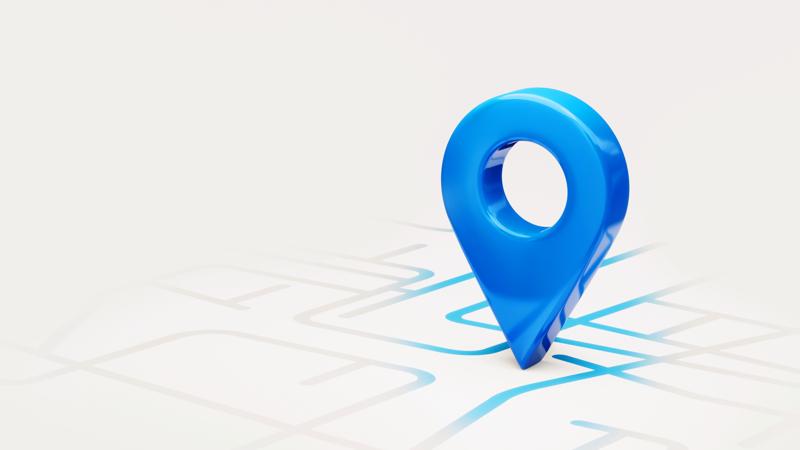Understanding Medical Debt: Causes, Consequences, and Management Strategies
Learn how to effectively manage and reduce medical debt with helpful tips and resources. Find out how to navigate the complexities of healthcare expenses and avoid financial strain.
Medical debt can feel like an insurmountable burden, especially when it's unexpected. For many, the stress of managing healthcare costs can be as overwhelming as the health issues that brought about the debt in the first place. In this post, we'll explore what medical debt is, your rights as a consumer, how medical debt forgiveness works, and the steps you can take to get financial help for your medical bills. Armed with knowledge and resources, you'll be better equipped to tackle your medical debt and move towards a more secure financial future.

What is Medical Debt?
Medical debt is the money owed to healthcare providers or creditors for medical services and treatments that you've received but have not been able to pay for. Unlike other forms of debt, medical debt is often incurred unexpectedly - an accident, a sudden illness, or an unforeseen medical condition can result in high medical bills that are beyond a patient's ability to pay.
Medical debt can have profound consequences. It can damage your credit score, limit your access to healthcare, and lead to stressful interactions with debt collectors. In some cases, individuals may even avoid seeking necessary medical care for fear of incurring more debt, which can lead to deteriorating health and higher medical costs in the long run.
Know Your Rights
When dealing with medical debt, it's crucial to understand your rights. Consumer protection laws are in place to ensure fair treatment and to protect you from abusive collection practices. Here are key points to be aware of:
- The Fair Debt Collection Practices Act (FDCPA): This act prohibits debt collectors from using abusive, unfair, or deceptive practices when collecting debts. This includes restrictions on when and how often they can contact you, as well as how they communicate with you and others about your debt.
- State Laws: Some states have additional consumer protection laws that may provide greater protection than federal laws. It's important to become familiar with the laws in your state.
- Medical Billing: You have the right to receive a detailed bill that outlines all charges. If you see any discrepancies or charges that you don't understand, you have the right to dispute them.
- Credit Reporting: Medical debt is treated differently than other types of debt when it comes to credit reporting. Recent changes mean that there is a 180-day waiting period before unpaid medical bills can show up on your credit report, giving you time to dispute the bill or arrange for payment.
Understanding your rights is the first step in taking control of your medical debt. Don't be afraid to ask questions, request clarity on charges, and communicate openly with healthcare providers and debt collectors.
How Does Medical Debt Forgiveness Work?
Medical debt forgiveness is when the healthcare provider or creditor decides to forgive (write off) a portion or all of the outstanding debt you owe. This can happen in several ways:
- Charity Care Programs: Many hospitals have charity care programs that forgive medical debt for qualifying individuals. Eligibility is often based on income, financial need, and whether the treatment received was necessary.
- Negotiation: Sometimes, you can negotiate with the healthcare provider to reduce the total amount owed. This is more common with hospitals and healthcare systems than with third-party debt collectors.
- Debt Forgiveness Programs: Some non-profit organizations and government programs exist to help forgive or pay off medical debt for those who qualify.
To find out if you're eligible for medical debt forgiveness, you will need to contact your healthcare provider directly or research organizations that offer this type of assistance.
Financial Help for Medical Bills
There are several avenues to explore when seeking financial help for medical bills:
- Payment Plans: Many hospitals and clinics offer payment plans that allow you to pay off your debt over time without incurring additional fees or interest.
- Medical Bill Advocates: These professionals can help you review and negotiate your medical bills to reduce costs.
- Health Insurance: If you have health insurance, make sure all eligible services were covered. If a claim was denied, you can appeal the decision.
- Government Programs: Programs like Medicaid or the Children's Health Insurance Program (CHIP) can provide assistance if you're eligible.
- Charitable Organizations: Some non-profit organizations offer grants or assistance to individuals struggling with medical debt.
- Crowdfunding: Online platforms like GoFundMe can be used to raise funds to help pay medical bills.
Steps for Financial Help for Medical Debt
If you're facing medical debt, take the following steps to seek financial help:
- Review Your Bills: Make sure all charges are accurate and that you've received all services listed.
- Communicate With Your Healthcare Provider: Reach out to discuss your situation and ask about financial assistance options.
- Explore Insurance Options: If you have insurance, ensure that all claims have been filed and processed correctly. Appeal any denials.
- Apply for Government Assistance: See if you qualify for programs like Medicaid or CHIP.
- Set Up a Payment Plan: Work with your healthcare provider to establish a manageable payment plan.
- Seek Professional Help: Consider hiring a medical bill advocate or consulting with a debt counselor for guidance.
- Look for Forgiveness Programs: Research and apply for medical debt forgiveness programs.
- Consider Legal Counsel: If debt collectors violate your rights, consult with a consumer law attorney.
By taking these steps, you can better manage your medical debt and reduce the financial burden it poses.
Medical debt can be daunting, but with the right knowledge and resources, you can navigate through it and find viable solutions to alleviate the financial strain. Remember to know your rights, explore all options for medical debt forgiveness, seek financial help, and follow the steps outlined to take charge of your medical bills. Don't let medical debt control your life – take action today to secure your health and your finances for a better tomorrow.











